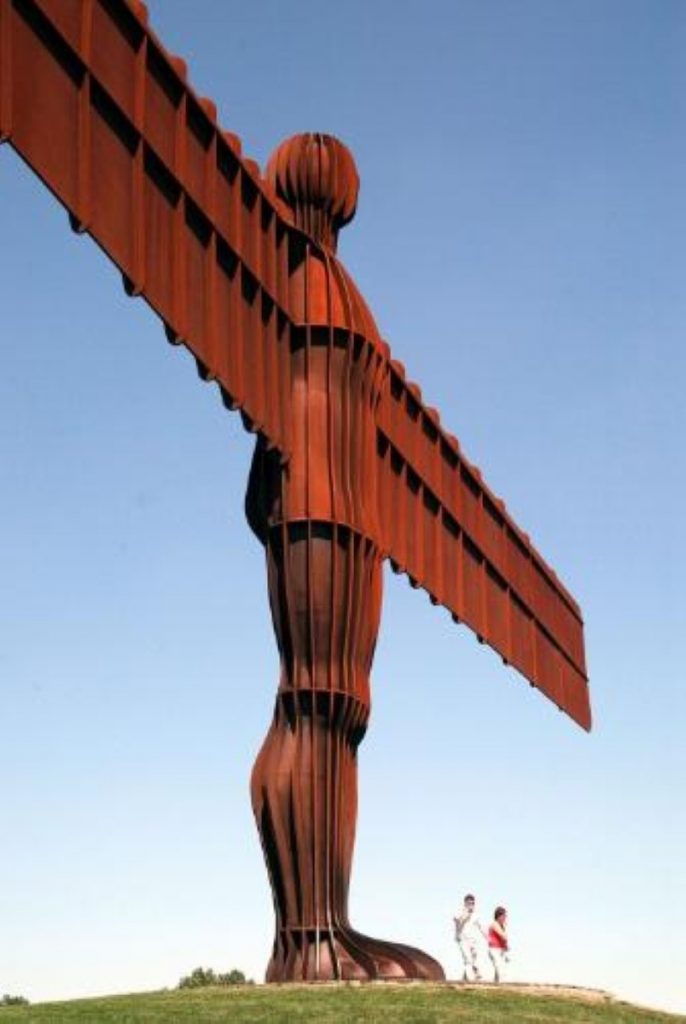Blair urges ‘Yes’ vote in North East
With voting in the North East regional assembly referendum entering its final stages, the Prime Minister has urged the people of the North East to vote ‘Yes’.
Polls close at 2200 GMT on Thursday in the referendum on a North East regional assembly, with most pollsters indicating that the results are too close to call.
The ‘Yes’ campaign argue that the assembly would bring more power, money and decision making to the North East, whilst opponents have branded it an expensive talking shop.
At Prime Minister’s Question Time in the Commons this lunchtime, the Liberal Democrat leader Charles Kennedy called on Mr Blair to join him in urging voters not to “repeat the mistake” of the Scottish 1979 devolution referendum and miss out on the chance of devolution for another 20 years.


Responding, Mr Blair said that devolution has been shown to work in Scotland, Wales and London and that a ‘Yes’ vote would lead to fewer, rather than more, politicians in the North East.
The two men have been campaigning on the same platform for a ‘Yes’ vote in previous weeks.
Turn out in the North East referendum – which is being run on an all-postal voting system – is currently around 37 per cent, but voters will be able to hand in their ballot papers in person at polling stations up until 2200 GMT on Thursday.
Both campaigns are making a final appeal for votes.
Tonight, the ‘Yes’ campaign will gather at the Angel of the North with torches in a last rally for votes. Its chair, Professor John Tomaney, said: “By lighting torches at one of the region’s most recognised landmarks, we aim to show that an elected regional assembly really does offer a beacon of hope for the people of the North-East.
“For too long now, decisions which affect the lives of over one million people have been made by faceless bureaucrats in London. This can all change with the creation of a regional assembly.
“The ‘No’ campaign has attempted to mislead the public with lies and spin, but the truth is that a regional assembly will create thousands of new jobs and businesses and have power or influence over how £1 billion is spent on improving lives in the region.”
The ‘No’ campaign are not believed to be planning any special events for the close of polling, and will instead concentrate on their core message that people “should ignore the spin and look at what the politicians are actually offering.” According to the ‘No’ campaign, the assembly will have few real powers and will be an “expensive white elephant.”

